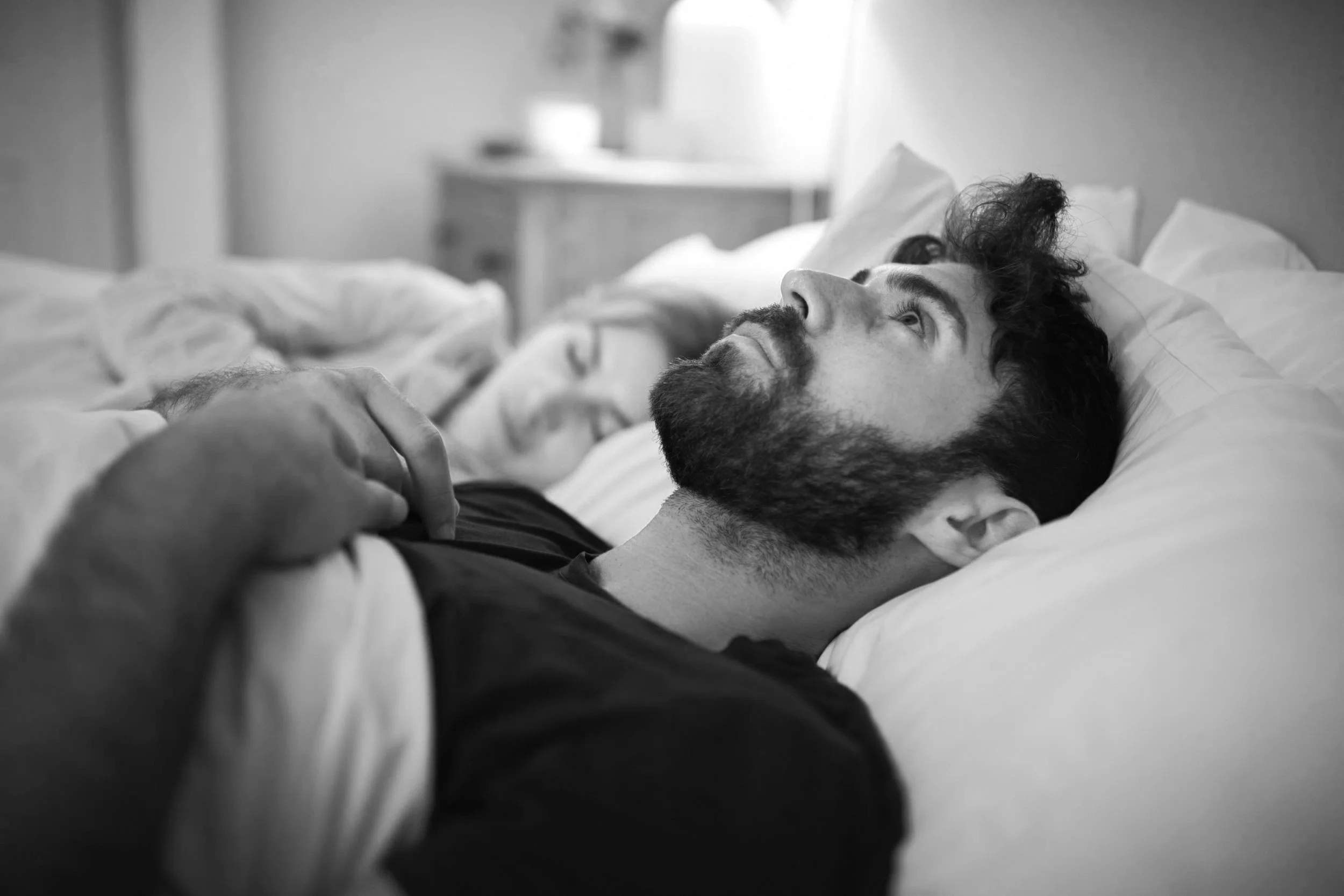
COMMON SLEEP DISORDERS
INSOMNIA
Insomnia is difficulty getting to sleep or staying asleep for long enough to feel refreshed the next morning.
It's a common problem thought to regularly affect around one in every three people in the UK, and is particularly common in elderly people.
If you have insomnia, you may:
• find it difficult to fall asleep
• lie awake for long periods at night
• wake up several times during the night
• wake up early in the morning and not be able to get back to sleep
• not feel refreshed when you get up
• find it hard to nap during the day, despite feeling tired
• feel tired and irritable during the day and have difficulty concentrating
Occasional episodes of insomnia may come and go without causing any serious problems, but for some people it can last for months or even years at a time.
Persistent insomnia can have a significant impact on your quality of life. It can limit what you're able to do during the day, affect your mood, and lead to relationship problems with friends, family and colleagues.
CIRCADIAN RHYTHM SLEEP / WAKE DISORDERS
Circadian rhythm sleep disorders (CRSD) are a family of sleep disorders affecting the timing of sleep. Circadian rhythm is the name given to your body’s 24-hour “internal clock.” This internal clock controls your body’s sleep-wake cycle.
Helping to “set your internal clock” during a 24-hour day is the visual cue of light – specifically, its brightness / type of light, amount of time exposed to light, and when exposed to light.
If you suffer from a circadian rhythm sleep disorder, you may not be able to sleep and wake at the times required for normal work, school and social needs. If you are allowed to sleep and wake at the times dictated by your own body clock, you are generally able to get enough sleep.
Sleep is usually of normal quality unless there is another sleep disorder present.
HYPERSOMNOLENCE (EXCESSIVE SLEEPINESS)
Idiopathic hypersomnia is an uncommon sleep disorder that causes you to be very sleepy during the day even after a full night of good sleep. Its cause is unknown. It also often causes difficulty waking up after you've been asleep. If you take a nap, you generally don't feel refreshed and you may wake up confused and disoriented.
The need to sleep can strike at any time, including when you're driving a car or working, which makes idiopathic hypersomnia potentially dangerous.
The condition often develops gradually. Diagnosing idiopathic hypersomnia requires ruling out more-common sleep disorders. The aim of treatment is to control symptoms with medication.
(source: mayoclinic.org)
